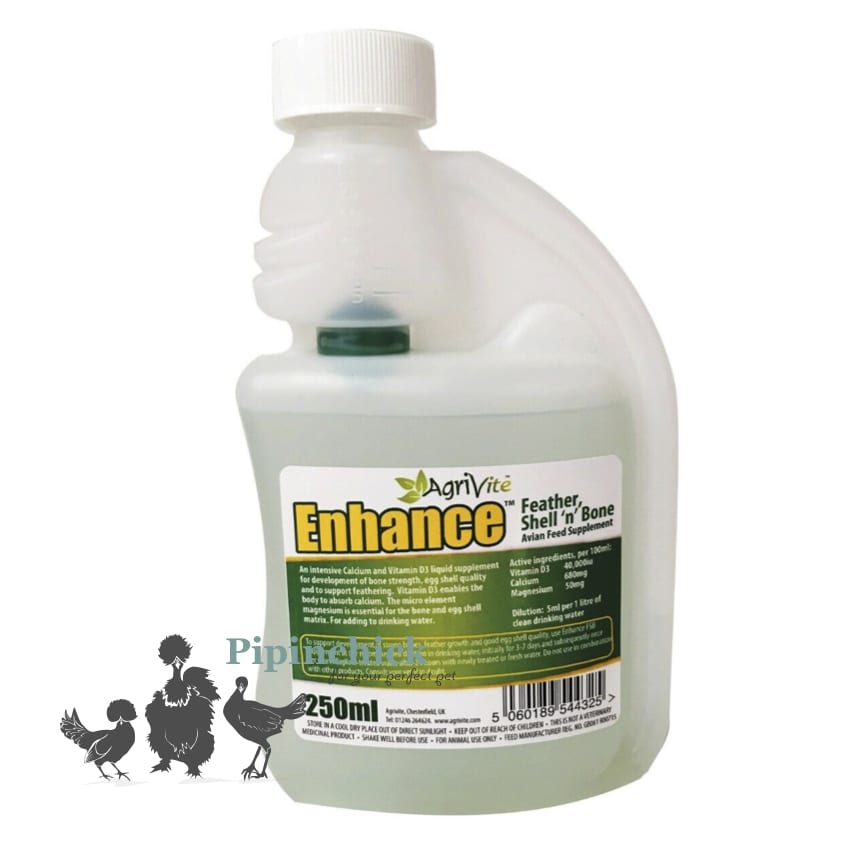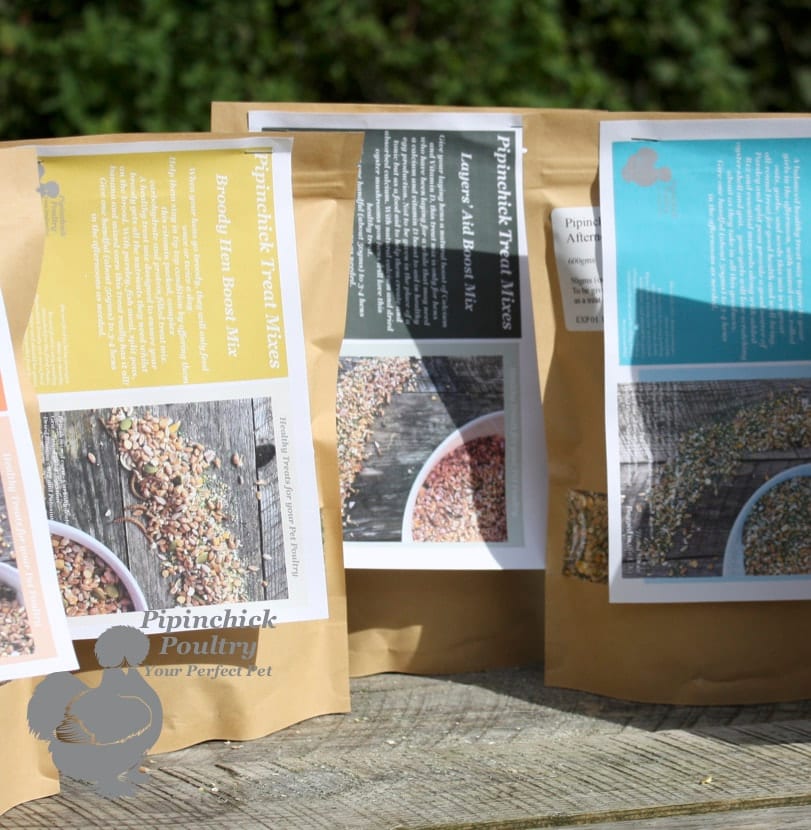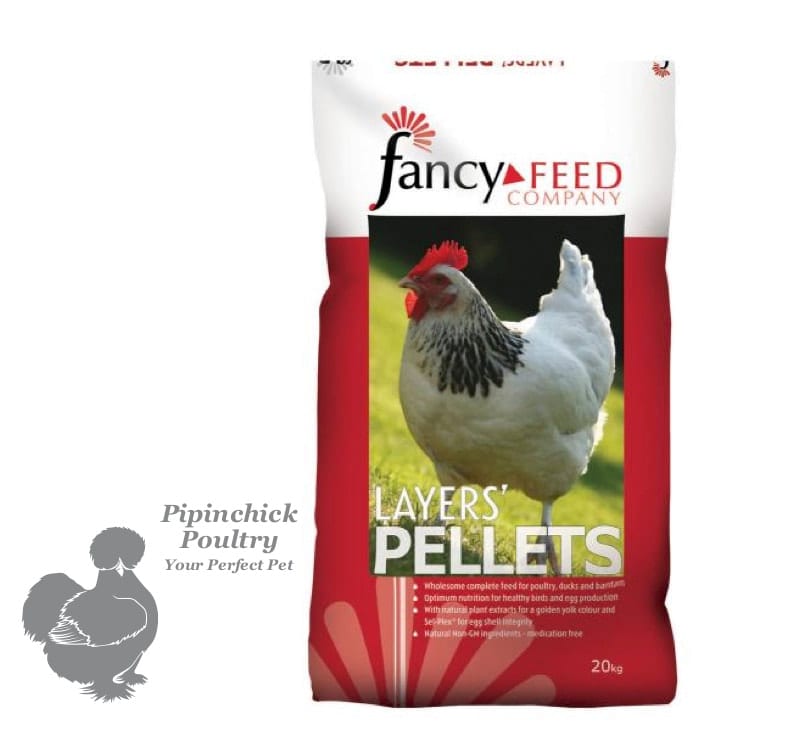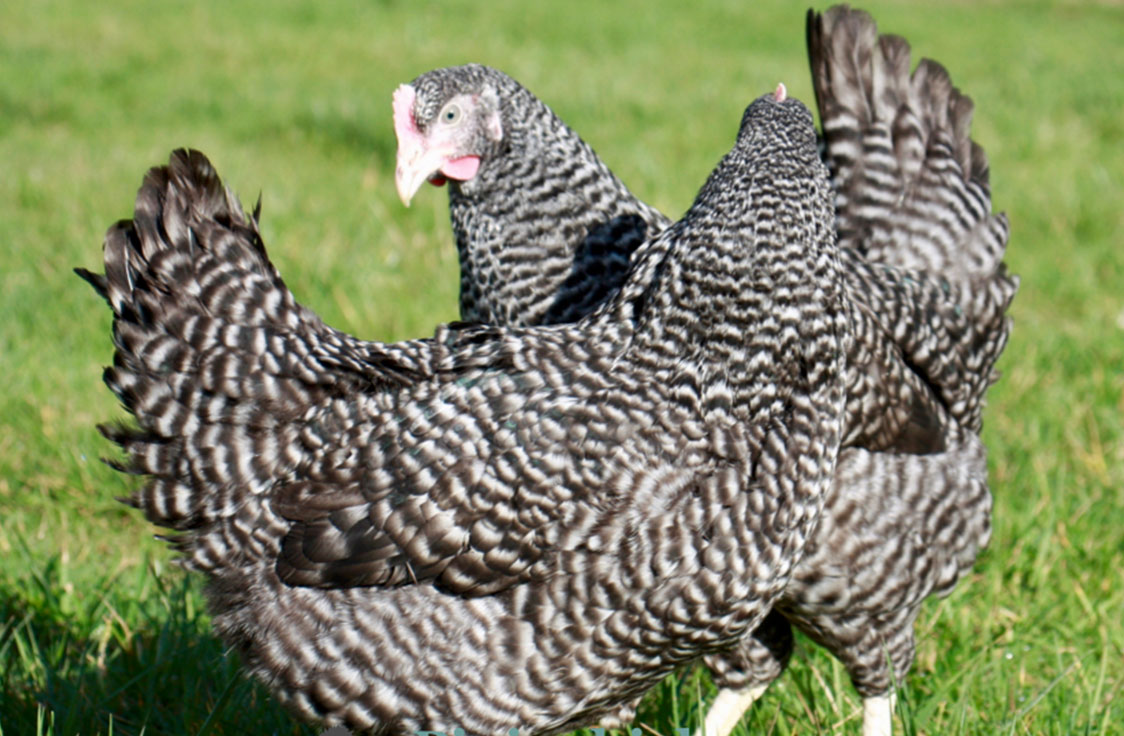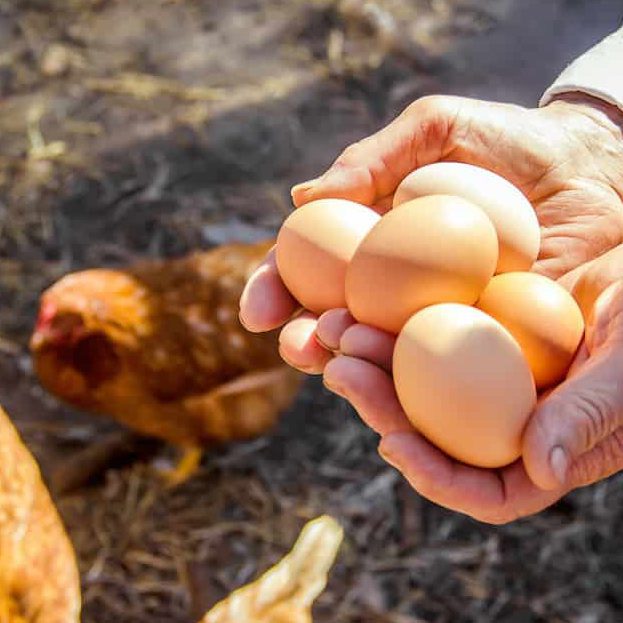


What is Egg Bound in Chickens?
How to Help Your Egg-Bound Chicken.
We all love keeping chickens and collecting their egg gifts they leave for us however, sometimes the hen’s reproductive system can have a mal-function and the egg does not form correctly, this can be due to not enough vitamin D or calcium in your hen’s diet.
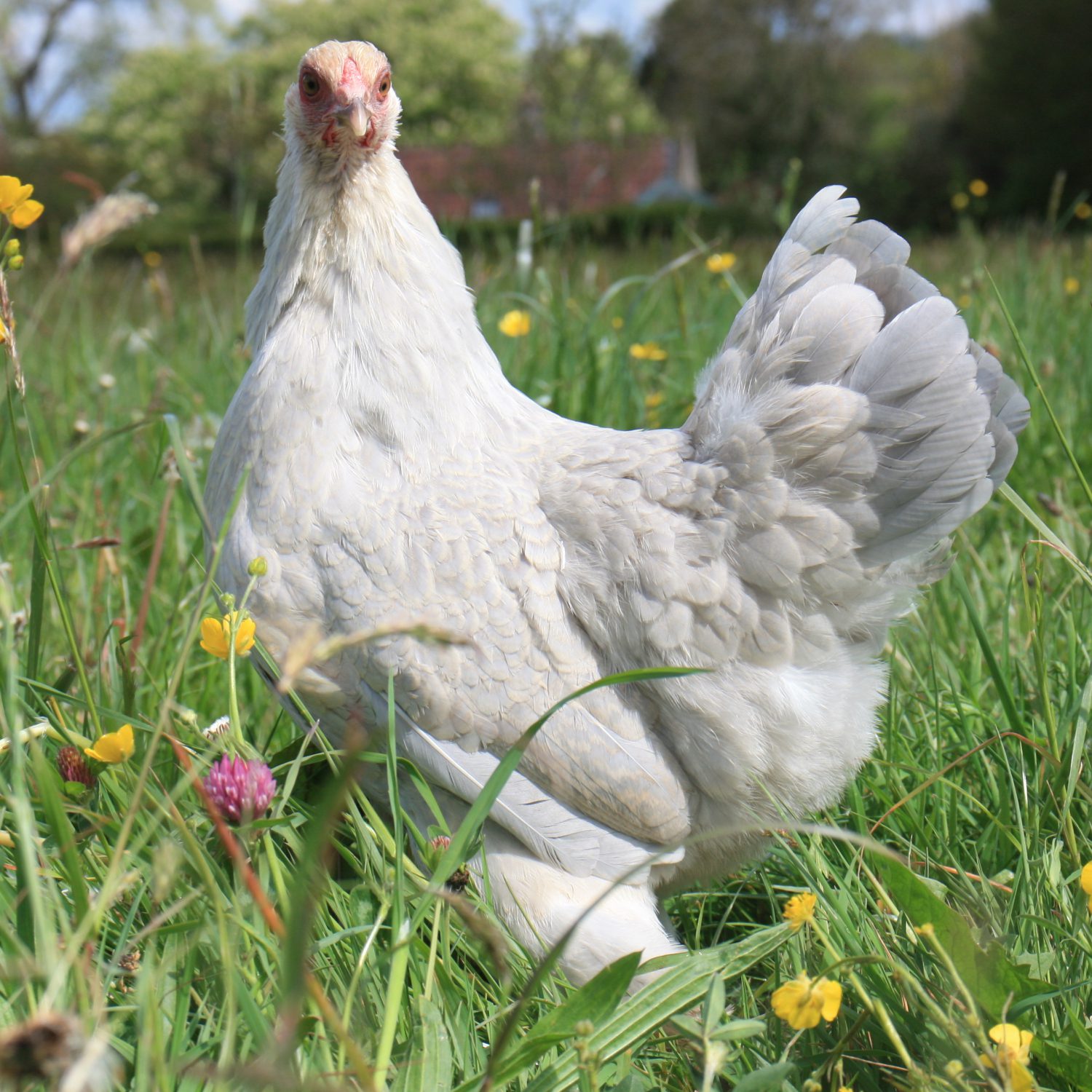
How do Hens Produce Eggs?
A chicken’s egg production process takes 24-26 hours from start to finish. The egg begins inside out as a yolk and then moves its way through your hen’s body picking up various nutrients along the way as it forms the egg white and shell. Calcium is used to harden the shell, if there is not enough surplus calcium in the hen’s system the shell will become mal-formed, soft or even non-existent. Without enough calcium in the hen’s diet there can be long term damage as the hen could develop brittle bones because she will be take calcium from her bones to create the egg’s shell.
Image Credit, Norfolk Zoo, VA, USA.
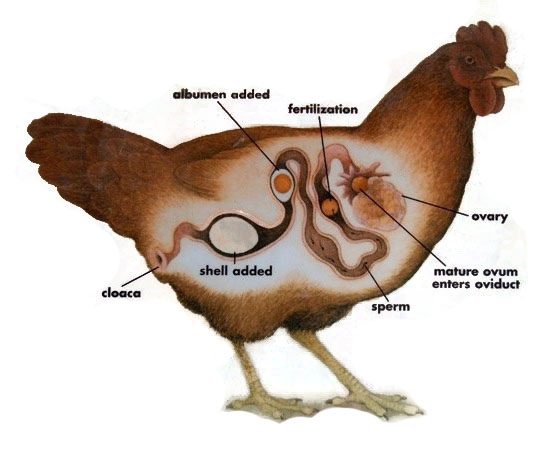
What Does ‘Egg-Bound’ Mean?
When an egg is mal-formed or soft it is very difficult for the hen to pass the egg through her vent or cloaca, this is the hole from which the chicken pees, poops and lays eggs, you can find this under her tail, above her back legs. If an egg is stuck you may see some pulsing of the vent and even discharge. Once the egg is stuck our bound you will have to try and remove the egg before the hen can lay normally again. If the egg is not removed in good time and an infection occurs the hen can die.

Symptoms of an Egg-Bound Chicken.
A very early warning sign is a sudden change in their laying behaviour, has she gone from laying consistently to suddenly stopping? This can also be to do with feather moulting and the time of year, if your hen suddenly stops laying have a look at other factors and see if this is unusual or not. Lethargy and sleepiness, sometimes when a hen has become egg bound they can become quite floppy and lethargic, they may also find it hard to walk and might even start walking with a gait or a waddle. Look out for a mucky back end, if the hen has a stuck egg she will eventually begin discharging from her vent, an infection may occur in which case you will see white, green and even yellow discharge. Sometimes, you may be able to feel an obstruction, under the vent between the hen’s legs you may be able to feel a squishy lump or mass, it may even be quite hard and oddly shaped, the area would also feel swollen, enflamed and even hot to touch.
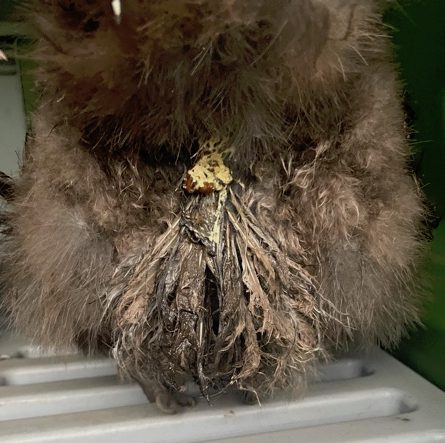
How to Treat an Egg-Bound Hen.
Treating an egg-bound hen can be tricky and long. If you suspect an egg-bound hen then the first thing to do is to try and relax the hen enough to be able to pass the egg herself.
Firstly, give the hen about 5mls of suspended Ibuprofen, chickens can have ibuprofen in small amounts and it works in 2 ways, firstly as a pain relief, if she has a bound egg it will be very sore and uncomfortable, secondly as a muscle relaxant, by relaxing the hen’s muscles and relieving the pain she may find it easier to pass the egg.
After about 30 minutes of giving the ibuprofen run your hen a warm bath with Epson salts, use these generously, we recommend using a tub or a sink that will allow enough warm water to come to the middle of the bird’s wings, then use about 3-5 heaped tbs of Epson Salts dissolved in the warm water. The salts also work as a muscle relaxant, along with the warm water the hen will feel calm and relaxed, then gently massage the back end around the vent. Do this for about 20 minutes or so. You may find a lot of discharge will come out which is good. You may find this is enough and the egg will come out immediately, often it can take about 3-5 days of repeating this process, try and do this twice a day if you can or once a day as a minimum. Dry with a towel to remove the worst of the water and then finish with a hair dryer, do not return the hen outside until she is fully dry, especially in colder weather.
When To Call a Vet.
When to call your vet is entirely up to you, if you feel your hen is suffering a lot then call the vet for advice, if you feel the hen has a serious infection you will also need to call a vet to obtain some antibiotics.
You can give some herbal remedies in the meantime if you are trying to treat at home first, give the below to your hen once a day:
2 Tbs natural live yogurt with ¼ tsp natural honey, ¼ tsp garlic powder, ¼ tsp oregano and ¼ tsp turmeric, all work as a natural antibiotic and the turmeric is also a natural anti-inflammatory. You can mix this in with a handful of corn to make it more tempting for your hen.
If you have tried the above with no results after 3-5 days or if the hen’s health suddenly declines, call your vet, try and find a local farm vet that will see you as they have a slightly wider knowledge of chickens than a domestic pet vet.
How to Prevent Your Hen from Getting Egg Bound.
Keeping your hen healthy and topped up on all the calcium she needs is one of the best ways to prevent your hen from becoming egg bound. You can do this by offering our Forager Layers Aid treat mix in the afternoons or adding a calcium and vitamin D tonic to their water, you can also offer our Essential Oyster shell and dried mushroom mixed in with their regular pellet feed.
Do not over treat and let your hen to get overweight as when hens carry too much body fat it can disrupt their reproductive system, ensuring your hen is on a diet of good quality layers pellets this should make up 80% to 90% of your hen’s diet.
5 Signs Your Hen Might Be Egg Bound
- Lethargy, Loss of Appetite
- Pulsing Vent, Possible Discharge
- Sudden Change in Laying Behaviour
- Walking With a Gait or Waddle
- Swollen, Hot Undercarriage with Lump or Obvious Mass

